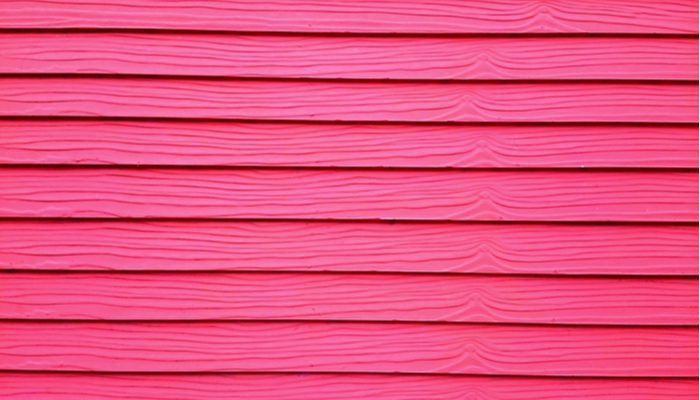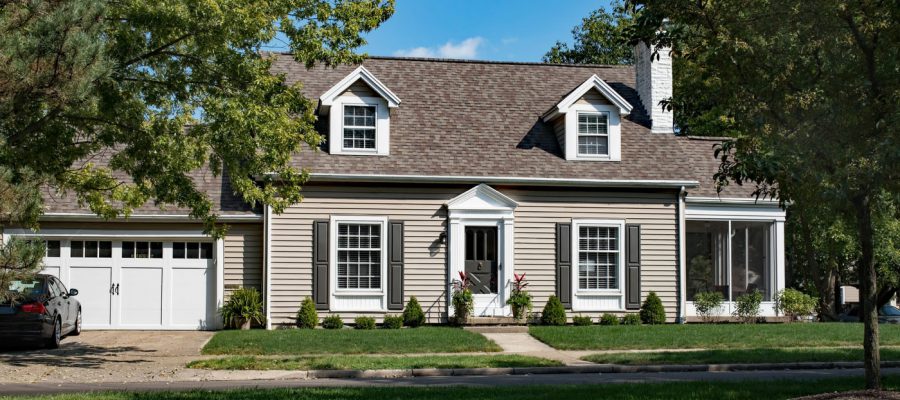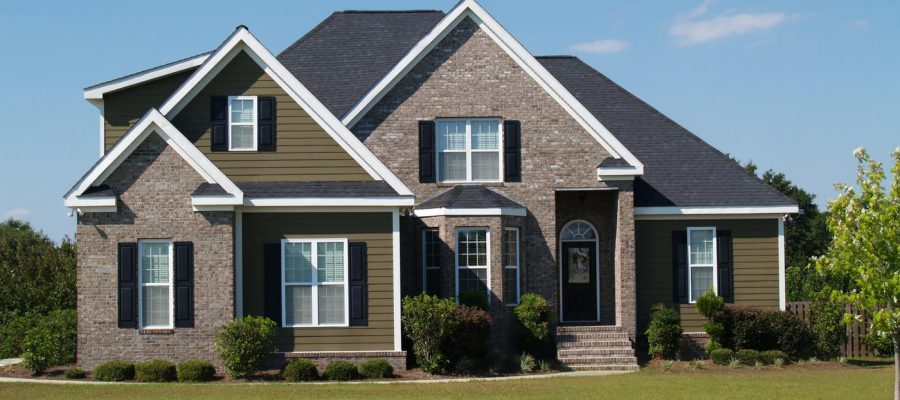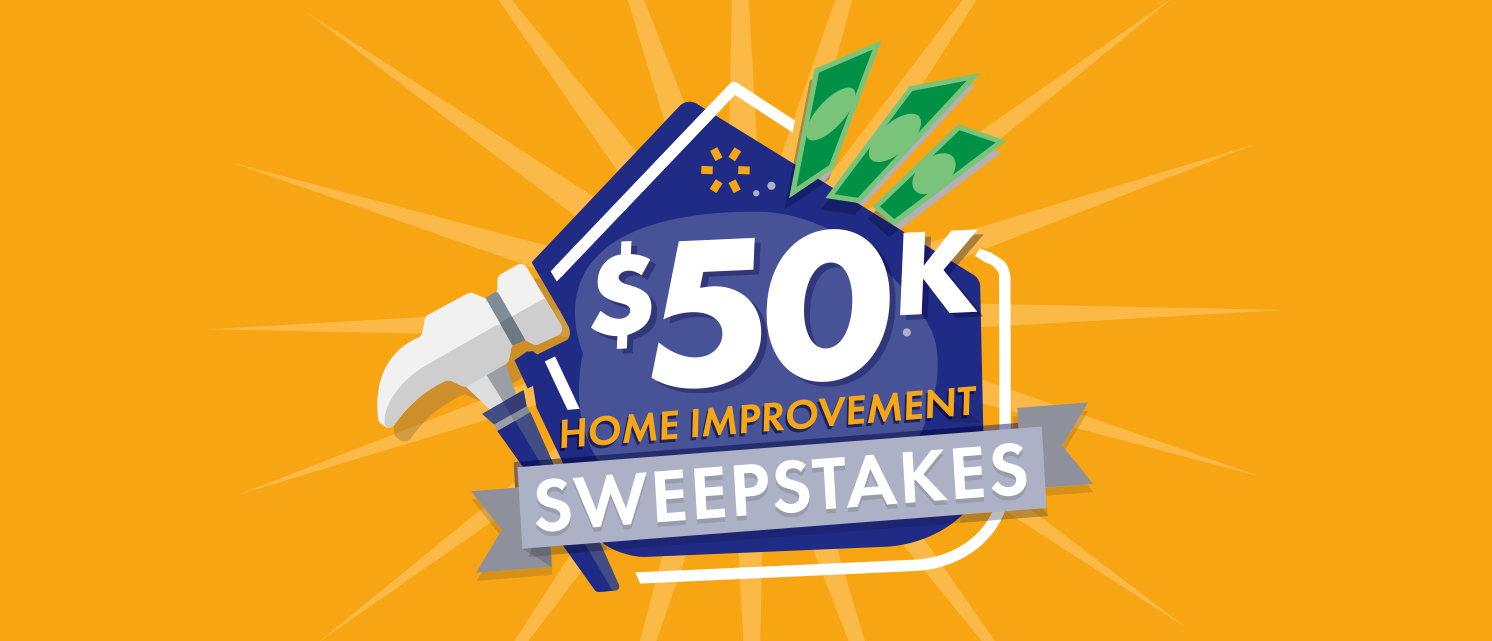Best Types of Residential Insulation for Cold Climate

If the last polar vortex, which gripped much of Canada and the northern states of the US, wasn’t enough to convince people about the importance of residential insulation, then probably nothing will. With temperatures dipping to 40 degrees below zero in some places and wind chills that are considered to be “record-breaking,” insulation is required to keep homes safe during the winter, as well as their heating bills down.
Midwestern states such as Michigan, Iowa, Illinois, Ohio, Missouri, etc. were said to have experienced temperatures lower than those in Alaska, the North and South Poles, Mount Everest, and even the planet Mars. But if we are to disregard this extreme weather event and look at the average annual lows, states like Michigan, Iowa, Ohio, or the Dakotas, all experience something close to zero. It is more than enough to ramp up heating and electricity bills every winter, not to mention, lower the overall comfort of the home.
So, what types of residential insulation are best for this cold climate?
The R-Value
Before we go into what types of insulation are best for northern climates, we must first talk a bit about the R-Value. It is a metric that stands for the insulation material’s resistance to heat flow. The type of insulation and its R-Value that is needed depends mostly on where you live.
Keep in mind that a whopping 90% of the United States are under-insulated. When it comes to colder climates, such as Michigan, for example, an R-Value of over 49 is recommended. It ranges in the 16 to 18 inches thickness. The R-Value is rated at 2.7 per inch. The general rule is that the higher the R-Value, the better the insulation material.
Get a Free Estimate Today
60% off installation. Special financing available. See details.
Types of Residential Insulation Suited for Cold Climate
Fiberglass Insulation
This type of insulation material is widely available and comes in various shapes and sizes. For cold climates, Loose-fill Fiberglass Insulation is the best as it has an R-Value of 60. Also, it will not lose its energy-saving capabilities over time; it will put less stress on your attic floor, does not require any additional fire-retardant material, it will not rot or decay, it’s eco-friendly, and will not support mold, insects, or vermin.
Blown-In Insulation
Blown-In Cellulose Insulation that has an R-Value of 49 is the best for cold climates, as far as cellulose insulation is concerned. It’s effective at all temperatures but can perform better for cold periods. It’s the best to use in ceilings, open new wall cavities, unfinished attic floors, or other such hard-to-reach places.
Spray Foam Insulation
Though it costs more than batt insulation, spray foam insulation has a much higher R-Value (3.5 to 6.5 per inch). It can also help eliminate some other tasks, such as caulking since it also forms an air barrier when it settles. It starts as a liquid, and it expands to fill all the available space, thus sealing cracks, gaps, and air leaks. Once it’s turned into rigid foam insulation, the excess can be cut off, leaving an even surface.
Blanket, roll, and batt insulation are some of the most commonly used types of attic insulation across the country. Unfortunately, these are also the least effective. They can be easily carried and installed but don’t fit well in awkward spaces and are prone to compression, moisture, and mold growth. In some cases, these can lose their effectiveness by up to 50%, making them only slightly better suited for warmer, dryer climates.
Don’t let the vortex catch you off-guard. Prepare your home for the lowest possible temperatures.














